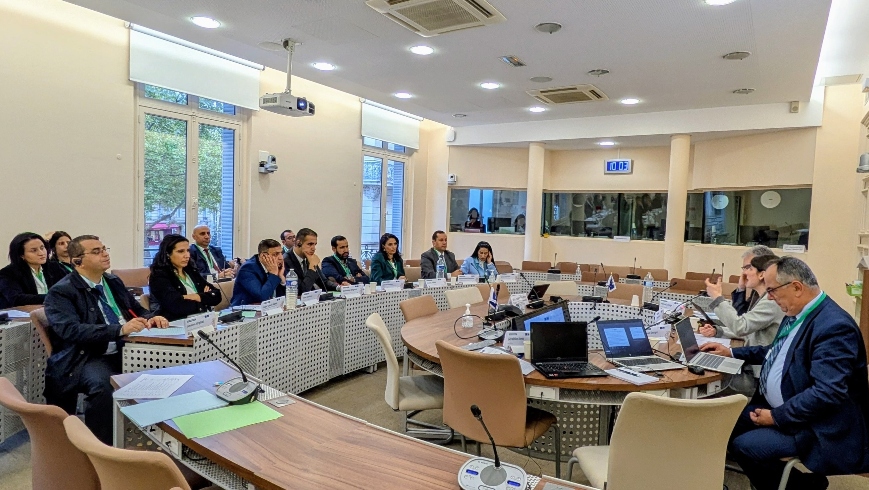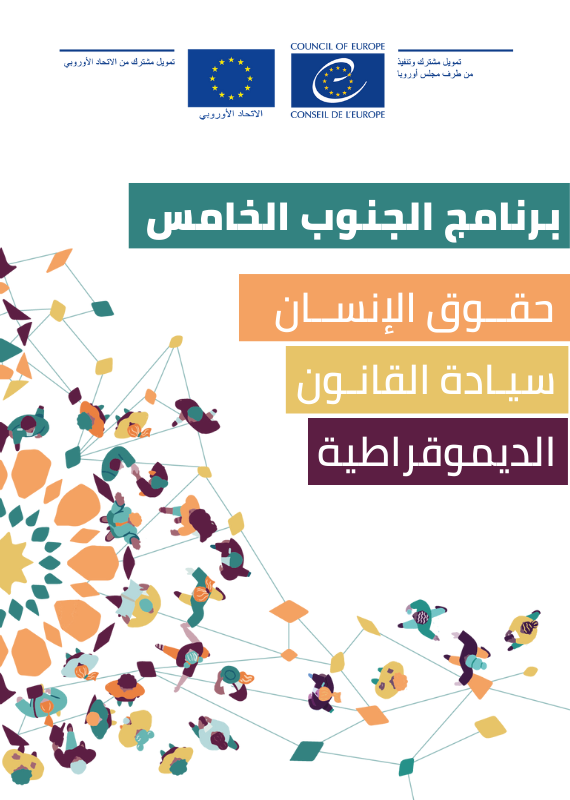The Council of Europe, in co-operation with the European Union, organised a two-day regional event on 6-7 October 2025 bringing together Jordanian, Moroccan, Palestinian representatives of Anti-Corruption Agencies and from the Tunisian Presidency of the Government to exchange experiences, good practices, and challenges related to assessing and managing institutional, sectoral, and national corruption risks.
Corruption risk assessment (CRA) is a key tool to prevent corruption, strengthen public sector integrity and support national strategies and sectoral reforms. During the workshop, Council of Europe experts presented the CRA tools and methodology, in line with the Council of Europe national approach, and emphasised the significance of corruption risk mapping in shaping effective anti-corruption policies and measures. Discussions focused on promoting integrity, ensuring efficient use of available resources while addressing emerging risks related to green transition, artificial intelligence, lobbying and foreign interference, as well as the potential of technological innovations to strengthen anti-corruption efforts.
The workshop highlighted the importance of cooperation among institutions throughout the assessment process and the central role of Anti-Corruption Agencies in supporting and ensuring the implementation of institutional risk assessments. Participants also exchanged with a representative of the French Anti-Corruption Agency (Agence Française Anticorruption – AFA), who shared valuable insights on France’s experience. Overall, the workshop fostered regional exchange, enabling participants to share good practices and experiences, discuss methodologies and guidelines, and address common challenges in corruption risk assessment and management.
The regional workshop was organised in the framework of the joint EU/Council of Europe Programme South Programme V


